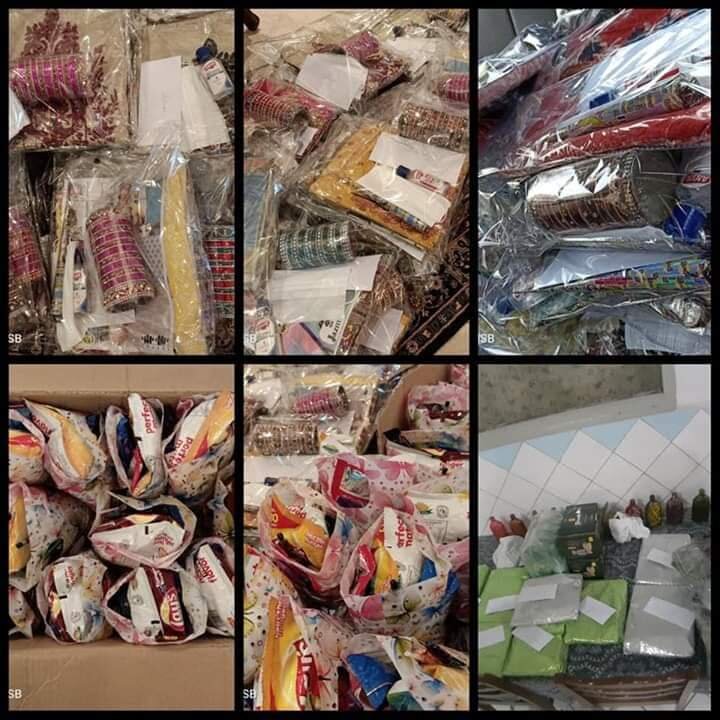By Aazer Durrani | Head of Marketing
Grinding poverty, a lack of security, socioeconomic injustice, and increasing political polarisation are the driving forces behind rising unhappiness in South Asian countries, including Pakistan, say experts.
The long-time “mediocre” economic policies of almost all regional countries, including Pakistan, have resulted in widespread poverty, unemployment, and social injustice, apart from a nearly insurmountable gap between the rich and the poor.
Meanwhile, the World Bank has projected the poverty rate in Pakistan to ease to 4 per cent from 4.8 per cent in FY22/23.
According to a recent report released by the World Bank, Pakistan’s lower middle-income poverty rate would also witness a decline to 33.8 per cent in FY22/23 from 37 per cent.
Recent hike in inflation has put brakes to the efforts needed to improve the condition of the poor, rather denting their already crippled lives.
Yes, the Covid-19 played its part in the deteriorating conditions, but the government’s policies to cope with the pandemic make the lives of the poor more miserable.
Looking at the historical data, it appears that, to some extent, poverty has declined in Pakistan but there is a need to sustain the economic growth around 6 to 7 per cent, as it is considered to be the key driver of poverty alleviation.
The official statistics have shown that in early 2000, Pakistan saw low poverty rates because the economy was growing at a significant pace, whereas after 2006, the GDP growth started to go down, resulting in an increase in the number of poor in the country. The downward trend still continues as the country fights poverty.
Looking at the rural and urban categorisation of poverty estimates, it was found out that the rural poverty is significantly higher than urban. The reason for these higher poverty figures against rural areas could be a greater percentage of people, especially poor concentration in rural areas where they usually do not have access to health, education, and employment opportunities.
The rise in poverty in Pakistan will undoubtedly impact the abilities of the common man to invest in health, education and essential social services and failure to overcome these challenges would put Pakistan’s efforts toward achieving Sustainable Development Goals at risk.
NUR Foundation took an initiative in 1985 and started a program known as NUR Community Outreach Program (NCOP). The purpose was to serve the community in various sectors including, health, education and employment. Additionally, various programs under the aegis of NCOP are working to ameliorate poverty. One such program is NUR Sandooq which not only is providing food to the poor but also focuses on providing clothes. The idea behind it was to make storage facilities for donated clothing in all the elite areas of Lahore and to encourage people to donate apparel items for the underserved community. In execution of the plan, one dedicated room known as Sandooq is placed in Fatima Memorial Hospital, Shadman Lahore. The donors often come and drop off apparel items in the Sandooq and those items are then distributed among the underprivileged people living in the backward areas of Lahore including Malikpur, Nainsukh, Lakhodair and Gajjumata.
Our significant number of students enrolled at NUR Foundation schools are from impoverished backgrounds and are unable to afford two basic meals of the day let alone clothing items. Therefore, we at Fatima Memorial Hospital wish to increase our donor base in the future which would help us in meeting the clothing needs of the children at NUR schools.
We look forward to your continued support towards these children and their families.
Thank you
By Aazer Durrani | Head of Marketing
By Aazer Durrani | Head of Marketing
Project reports on GlobalGiving are posted directly to globalgiving.org by Project Leaders as they are completed, generally every 3-4 months. To protect the integrity of these documents, GlobalGiving does not alter them; therefore you may find some language or formatting issues.
If you donate to this project or have donated to this project, you can receive an email when this project posts a report. You can also subscribe for reports without donating.
